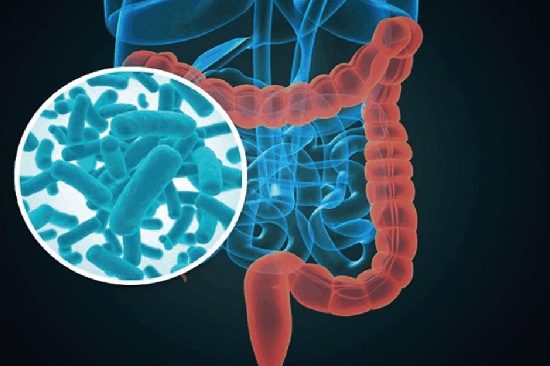
-
IATA (CSIC) researchers show that maternal microbiota is associated with the diet during pregnancy and is reflected in neonatal microbiota and infant growth during the first 18 months of life
-
The study, published in the journal Gut Microbes, increases our knowledge of the impact of diet during pregnancy on maternal intestinal microbes and its effect on neonatal microbes and child development
Researchers from the Institute of Agrochemistry and Food Technology (IATA) of the Spanish National Research Council (CSIC) have carried out a study that identifies different groups of maternal microbiota associated with the diet during pregnancy, and relates them to the microbiota of newborns and their growth during the first 18 months of life. The results of the study were published in the journal Gut Microbes.
Maternal microbiota is the set of bacteria that the mother transfers to her child during pregnancy and breastfeeding, and that provides protection against infectious diseases. Nutrition during pregnancy is very important for the health of the mother and baby, but not much is known yet about the impact that different components in the diet during pregnancy can have on the maternal gut microbiota and their possible impact on the newborn's microbiota and its health in the short and long term.
María Carmen Collado, CSIC researcher at IATA, explains that "a total of 86 couples of mothers with their babies followed from birth to 18 months of age have taken part in the study. The faecal samples of the mothers and babies at the time of delivery were analysed using mass sequencing techniques to obtain the different profiles in the intestinal microbiota. Diet data was then collected during pregnancy, and clinical and anthropometric monitoring was performed for the first 18 months of life.
The maternal microbiota was grouped into two groups with different microbiota associated with specific dietary intakes during pregnancy, such as intake of fiber, vegetable protein, omega-3 fatty acids and polyphenols. Differences in neonatal microbiota as a function of diet and maternal microbiota were observed, and these differences also had an effect on infant growth.
"We monitored the babies in the different groups for 18 months following the guidelines dictated by the World Health Organization for longitudinal body mass index and weight for length, and observed the differences that occurred, demonstrating that diet plays a very important role in early life that can affect the maternal microbiota; in particular, fibre, vegetable protein and omega-3 acids have a significant effect on the baby's microbiome and contribute to child development during the first months of life, as well as to the child's health," concludes María Carmen Collado.
References:
Izaskun García-Mantrana, Marta Selma-Royo, Sonia González, Anna Parra-Llorca, Cecilia Martínez-Costa y María Carmen Collado. Distinct maternal microbiota clusters are associated with diet during pregnancy: Impact on neonatal microbiota and infant growth during the first 18 months of life. Gut Microbes. DOI: https://doi.org/10.1080/19490976.2020.1730294

